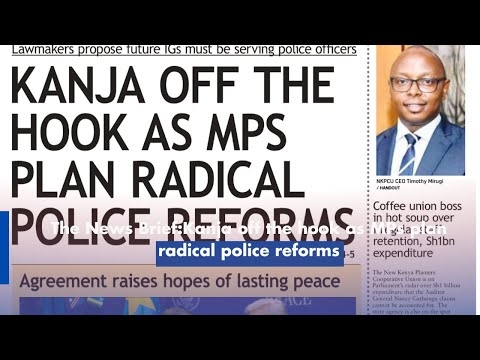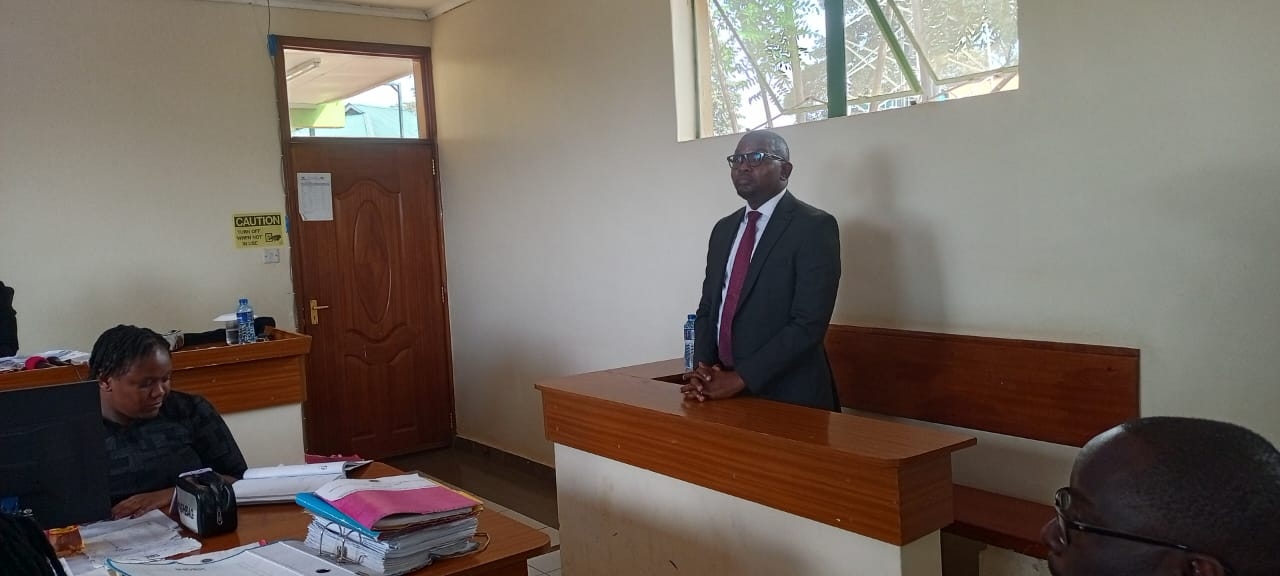Catholic bishops have asked the government to deal decisively with corruption to save loss of public funds as opposed to introducing what they term as punitive tax policies that are likely to devastate the economy and impoverish Kenyans.
Under the Kenya Conference of Catholic Bishops (KCCB), the clergy said the government has a responsibility to initiate policies that serve the common good of the nation.
“We observe that addressing corruption and halting the wastage of available resources would generate sufficient revenue to support essential services, thereby reducing the burden on Kenyans who are already struggling with the high cost of living,” the bishops said in a statement signed by general secretary Fr James Mwaura.
Their concerns arose from government’s plan to introduce a raft of new tax measures in the Finance Bill, 2024 aimed at expanding the tax base and raising more revenue.
The men of cloth said that should the Bill which they labelled as oppressive be passed as is, it would cause untold suffering to Kenyans.
Whereas they appreciated the government’s need to raise revenue to support public services, the bishops raised concern that some of the tax proposals like 16 per cent VAT on bread will mostly impact the poorest in society.
“In the spirit of the Social Teaching in the Catholic Church, which emphasizes a preferential treatment for the poor, we reject any law that affects the poor and impoverished,” they said.
The bishops further raised concern with the proposed 2.5 per cent motor vehicle tax which they said would burden the ordinary Kenyan by way of increased transport costs and diminish the investment capacity of Small and Micro Enterprises (SMEs).
They argued that if anything, car owners already pay the Road Maintenance Fuel Levy at a cost of Sh8 per litre of fuel.
“Although this tax could raise revenue, we question which public service this tax will serve. Higher input costs reduce profits and SMEs will also face higher credit interest rates and a reduced market share in Kenya and the region due to increased business costs,” the bishops said.
Still, on the proposed motor vehicle tax, they added: “The Bill may inadvertently undermine efforts to combat climate change as SMEs and individuals may revert to using older, less-fuel efficient vehicles to avoid higher taxes on newer, fuel-efficient, hybrid and fuel-efficient cars.”
The bishops are also concerned that the proposal to increase the excise duty on mobile transactions from 15 per cent to 20 per cent will disproportionately affect Kenyans in the lower tier of the economy and push them towards cash transactions and informal money storage methods.
They further opposed the intended introduction of an Eco levy on items like mobile phones and microphones saying it's counterproductive to the government’s push to monetise the digital economy.
“While the government’s goal to support the digital and creative economy by ensuring widespread access to smartphones is commendable, this levy could hinder this objective.”
The bishops said while all these proposals are in the pipeline, things will get worse if the Finance Bill 2024 is passed as is as already, businesses are shutting down and laying off employees due to tough economic times.
They called on the government to consider introducing a tax regime that is conducive to economic growth and steer clear of one that stifles the private sector and overburdens the ordinary Kenyan.
“We urge our Members of Parliament to heed the people’s cries and revise the contentious clauses in the Finance Bill, 2024,” the bishops said.















